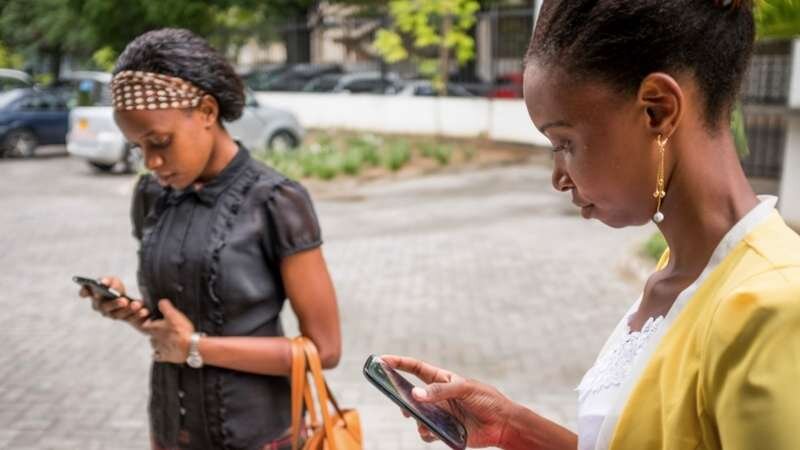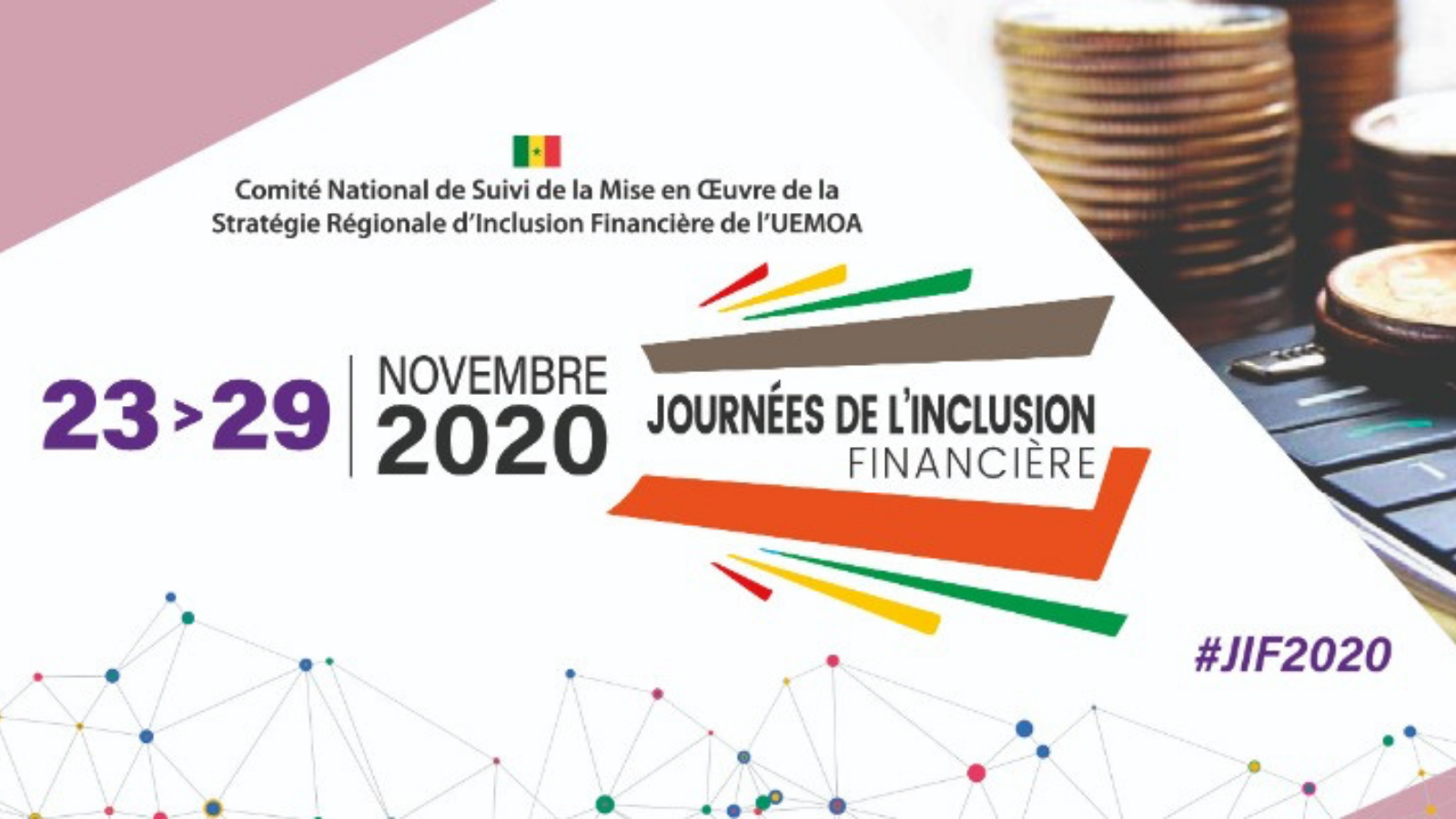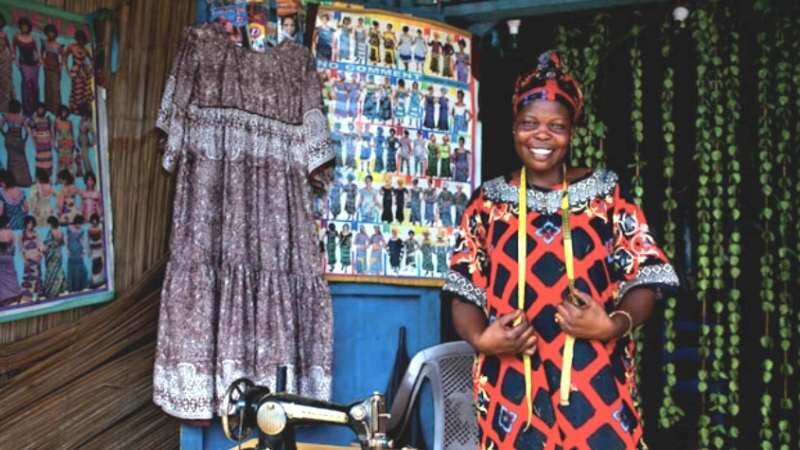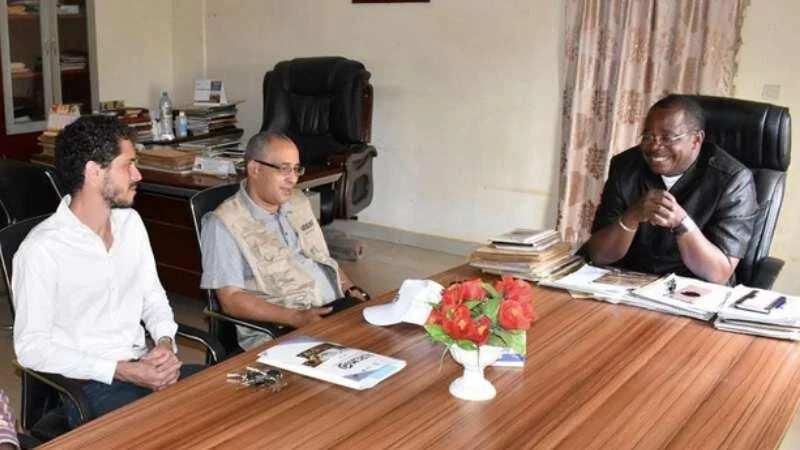
What’s new
Discover regularly shared updates on our activities and resources from our partners that inspire our work.
Filter by tag in the drop-down menu below to learn more about specific topics or countries.
Filter by tag
- 5 Year Anniversary
- Arab Monetary Fund
- Assessment
- Briefs
- CEMAC
- CEMAC Advisory Panel
- CNEF
- COVID-19
- Cameroon
- Capacity-building
- Central African Republic
- Central Bank of Egypt
- Chad
- Consumer protection
- Data
- Digital Public Infrastructure
- Digital financial services
- Egypt
- Equatorial Guinea
- Ethiopia
- FLPFI
- Financial Consumer Protection
- Financial inclusion
- Findex
- Gabon
- Gender-intentional policymaking
- In the news
- Inclusive digital economies
- Indonesia
- Malawi
- Mauritania
- National Financial Inclusion Strategy
- Nigeria
- Partners
- Regional harmonisation
- Regulatory reporting
- Republic of Congo
- Rwanda
- Senegal
- Sierra Leone
- Stakeholder consultation
- Suptech
- Tanzania
- Uganda
- WDFI Advocacy Hub
- Women's economic empowerment
The latest from UNCDF Policy Accelerator (December 2020)
The UNCDF Policy Accelerator continues to advocate for inclusive digital financial services at events, in the media, and with partners.
Financial Inclusion Days in Senegal takes stock of progress and challenges in financial education
Financial Inclusion Days in Senegal takes stock of progress and challenges in financial education.
How to engage with the consumer voice
With millions now using digital financial services, more and more consumers are exposed to greater financial risks, particularly in digital credit.
Women’s financial inclusion: Good policy is not enough
We need trust, fairness, and to include women in decision-making.
Accelerating financial inclusion in Ethiopia
Ethiopia’s renewed focus on sustainable growth is a powerful opportunity for digital financial services. Smart legal and regulatory reforms can increase the benefits to everyone.
3 lessons on stakeholder consultation from the COVID-19 pandemic
What happens to an in-person, highly collaborative process when a pandemic shuts down global travel?
Sex-disaggregated supply-side data: how to begin?
Regulators should work directly with financial services providers to prioritise women’s financial inclusion.
G7 partnership to promote women’s economic empowerment in Africa
The UNCDF Policy Accelerator will work with governments in Africa to improve women’s economic empowerment (WEE) as part the of G7 Partnership for Women’s Digital Financial Inclusion in Africa.
“Africa Policy Accelerator” project to address the regulatory barriers to digital financial services
UNCDF is partnering with the Bill and Melinda Gates Foundation on an “Africa Policy Accelerator” project to provide better digital financial services to millions of people.
Financial Inclusion and COVID-19: Is this crisis an opportunity for digital finance? (Part II)
Digital financial inclusion supports social distancing and helps keep economies working, which is more important than ever in the time of COVID-19.
Financial inclusion and COVID-19: Is this crisis an opportunity for digital finance? (Part I)
The current COVID-19 health crisis is unprecedented in its scope. We are seeing large-scale reshaping of the world’s economy, social norms, and political realities.
Mauritania’s journey towards increased financial inclusion
Mauritania is on track to improve its financial inclusion ratio — if it delivers on policy reforms that enable financial service providers to reach vulnerable populations.
How we work: Our three-part approach to advising on policy
Collaboration is the foundation of how we work with governments on their policy-making process.
We are blind without data
The importance of data is magnified in times of crisis when there is greater need for financial stability, integrity, and protection of vulnerable people.
Less talk, more action: How can governments increase women's digital financial inclusion?
Financial independence remains a challenge for women in every country. This is a critical issue for all women who could find themselves in positions of vulnerability including widows, divorcees, survivors of domestic violence and abuse, and female-headed single-parent households. As captured by UN Women, women are more susceptible to risks both pre- and post-COVID-19.















